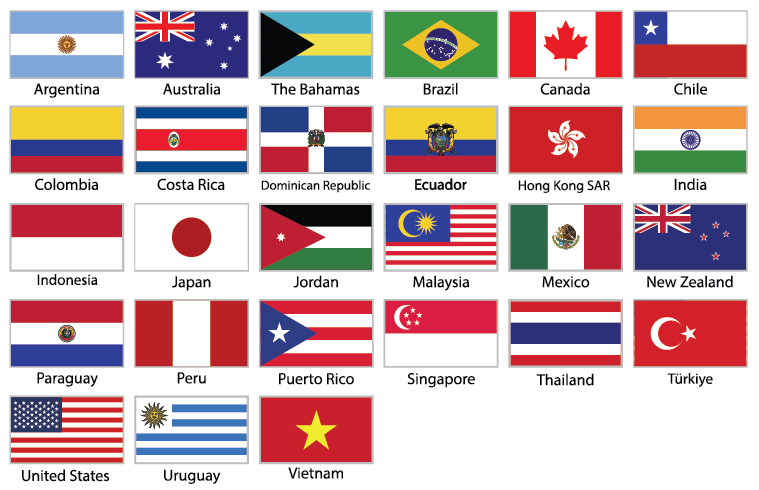The Value of Supplier Management and Traceability: Margins in the Check-Out Aisle
JASON BUSCH – March 18, 2013 8:17 AM
Even though supplier management and traceability is a topic that we’ve covered quite a bit recently from regulatory compliance angles (e.g., conflict minerals, supplier diversity, EHS/HSE, substance/material, etc.), there’s another angle to this entire thing: getting a greater share of your customer’s wallet. Whether in a B2C or B2B setting, Spend Matters believes that manufacturers and retailers that can prove greater traceability across multiple tiers of suppliers are likely to command material price premiums on a SKU basis.
There’s some useful evidence to support this notion in a recent article inEnvironmental Leader that refers to data from the recent MamboTrack study. Specifically, “shoppers are increasing their spending on organic foods and emphasizing the traceability of the foods they buy, to non-GMO, local/regional and fair trade sources. Third-party certifications and heightened media coverage are helping to drive interest in sustainable meat, poultry and seafood.”
The marketing of certifications and traceability assurance is key. To wit, “about seven in 10 shoppers used package labels or in-store signage to learn about the brands they were buying, while six in 10 visited brand and product websites.” No doubt this presents a better opportunity for procurement organizations and goods for resale (GFR) team members to help quantify the top line benefits that better supply chain visibility could bring –without even touching on traditional SCM metrics such as inventory turns, perfect orders, inventory accuracy, rate of return, stock-out rates, etc.
In certain cases, entire supply chains are moving in the sustainability and traceability direction. Take eggs, for example. Safeway “announced in December that it has become the first major national retailer to require all of its organic and cage-free egg suppliers be “Certified Humane®” by the nonprofit third-party label organization Humane Farm Animal Care.” Also getting in on the traceability act are other retailers and restaurant chains, including “McDonald’s, Burger King, Kroger, Wendy’s, Denny’s, Cracker Barrel, Sonic, Carl’s Jr, Hardee’s, Baja Fresh, Compass Group and Sodexo … [which] announced that they will eliminate gestation crates from their supply chains.”
Source: http://spendmatters.com/2013/03/18/the-value-of-supplier-management-and-traceability-margins-in-the-check-out-aisle/

Spend Matters
Posted: March 20, 2013 by Certified Humane
The Value of Supplier Management and Traceability: Margins in the Check-Out Aisle
JASON BUSCH – March 18, 2013 8:17 AM
Even though supplier management and traceability is a topic that we’ve covered quite a bit recently from regulatory compliance angles (e.g., conflict minerals, supplier diversity, EHS/HSE, substance/material, etc.), there’s another angle to this entire thing: getting a greater share of your customer’s wallet. Whether in a B2C or B2B setting, Spend Matters believes that manufacturers and retailers that can prove greater traceability across multiple tiers of suppliers are likely to command material price premiums on a SKU basis.
There’s some useful evidence to support this notion in a recent article inEnvironmental Leader that refers to data from the recent MamboTrack study. Specifically, “shoppers are increasing their spending on organic foods and emphasizing the traceability of the foods they buy, to non-GMO, local/regional and fair trade sources. Third-party certifications and heightened media coverage are helping to drive interest in sustainable meat, poultry and seafood.”
The marketing of certifications and traceability assurance is key. To wit, “about seven in 10 shoppers used package labels or in-store signage to learn about the brands they were buying, while six in 10 visited brand and product websites.” No doubt this presents a better opportunity for procurement organizations and goods for resale (GFR) team members to help quantify the top line benefits that better supply chain visibility could bring –without even touching on traditional SCM metrics such as inventory turns, perfect orders, inventory accuracy, rate of return, stock-out rates, etc.
In certain cases, entire supply chains are moving in the sustainability and traceability direction. Take eggs, for example. Safeway “announced in December that it has become the first major national retailer to require all of its organic and cage-free egg suppliers be “Certified Humane®” by the nonprofit third-party label organization Humane Farm Animal Care.” Also getting in on the traceability act are other retailers and restaurant chains, including “McDonald’s, Burger King, Kroger, Wendy’s, Denny’s, Cracker Barrel, Sonic, Carl’s Jr, Hardee’s, Baja Fresh, Compass Group and Sodexo … [which] announced that they will eliminate gestation crates from their supply chains.”
Source: http://spendmatters.com/2013/03/18/the-value-of-supplier-management-and-traceability-margins-in-the-check-out-aisle/
Category: news